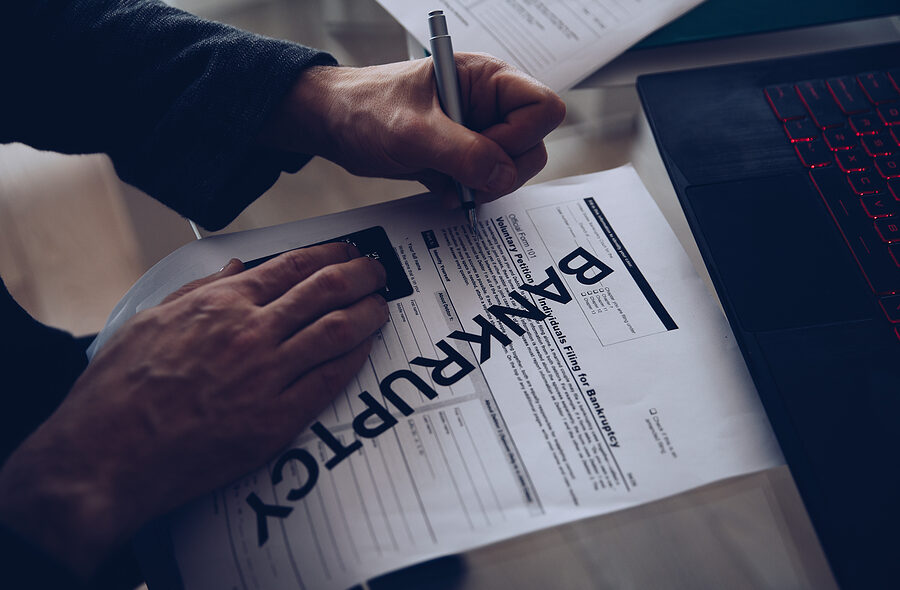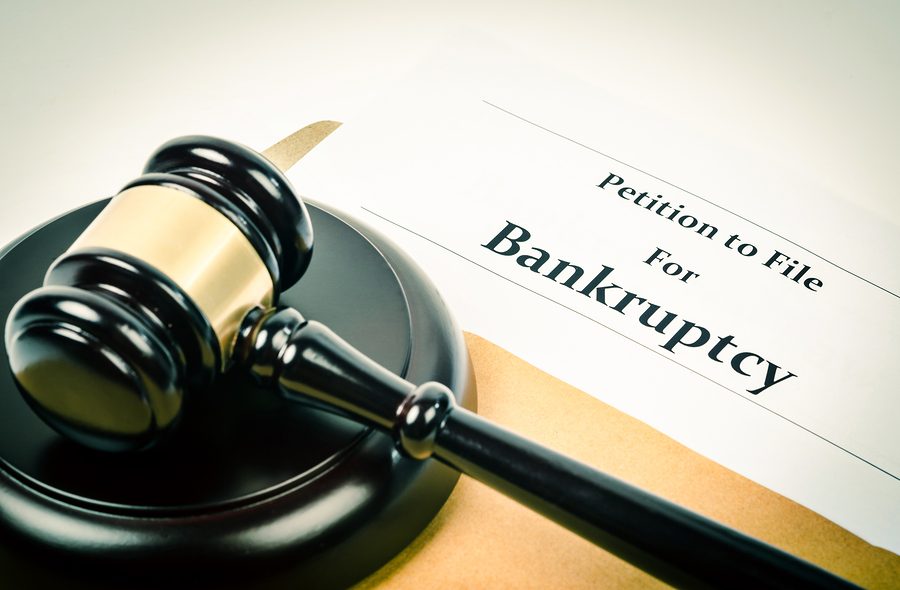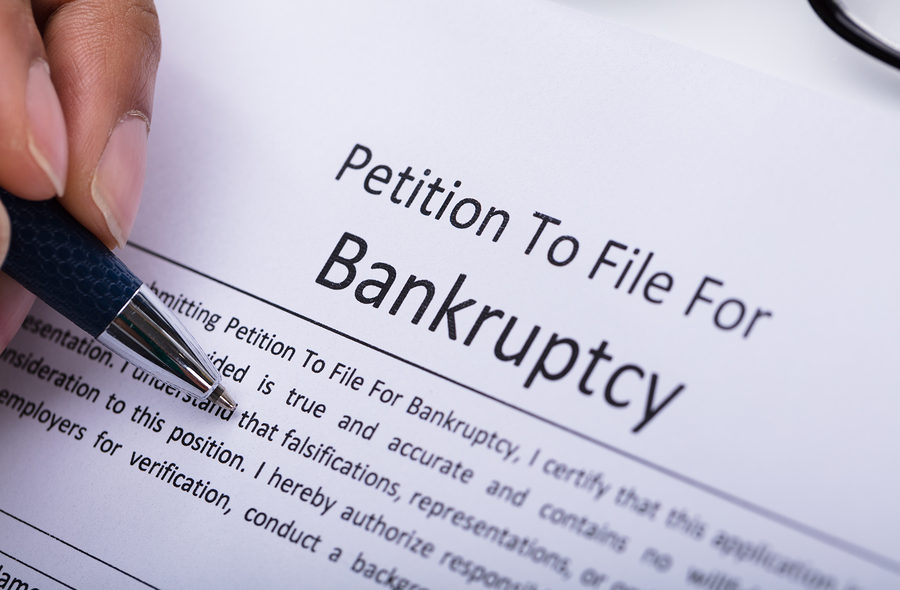At the start of a bankruptcy case, the filer is asked to fill out certain documents, including disclosures regarding the person’s financial affairs. This disclosure includes the person’s income, expenses, assets, debts, and any property transfers.
The filer will also need to provide supporting documentation, and the documents required are essentially the same for both Chapter 7 and Chapter 13 cases, with slightly different variations. It is often helpful to check with the bankruptcy trustee to ensure that all required documentation is submitted. Some trustees require more proof than others, and many times, this evidence will also be determined by the facts of the individual’s case.




